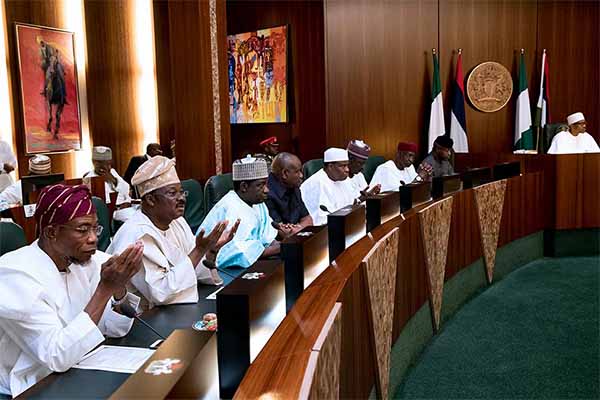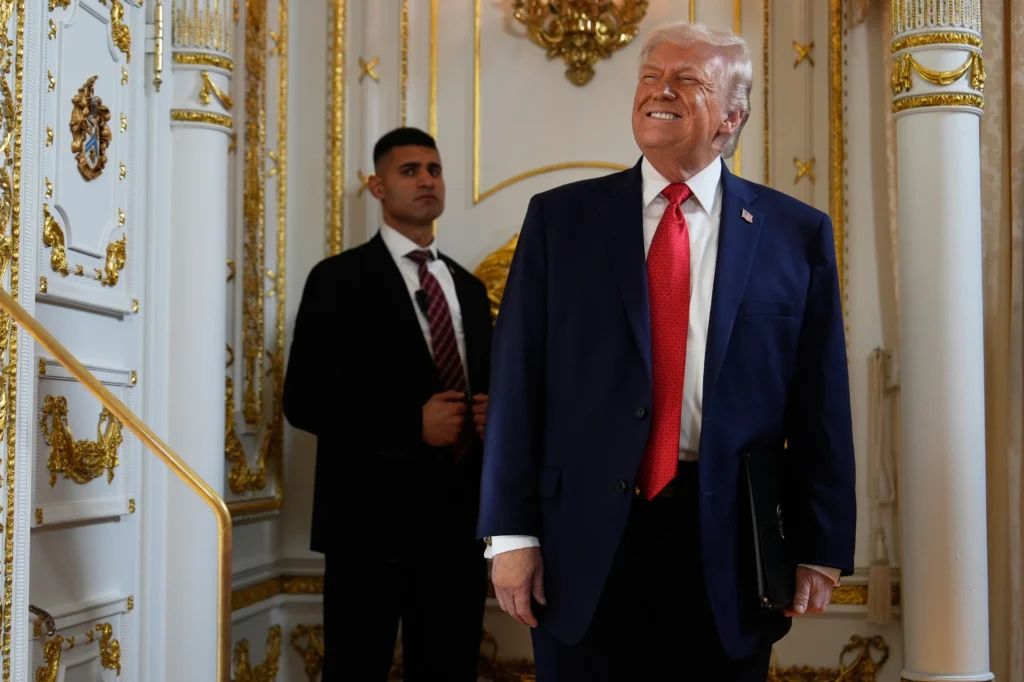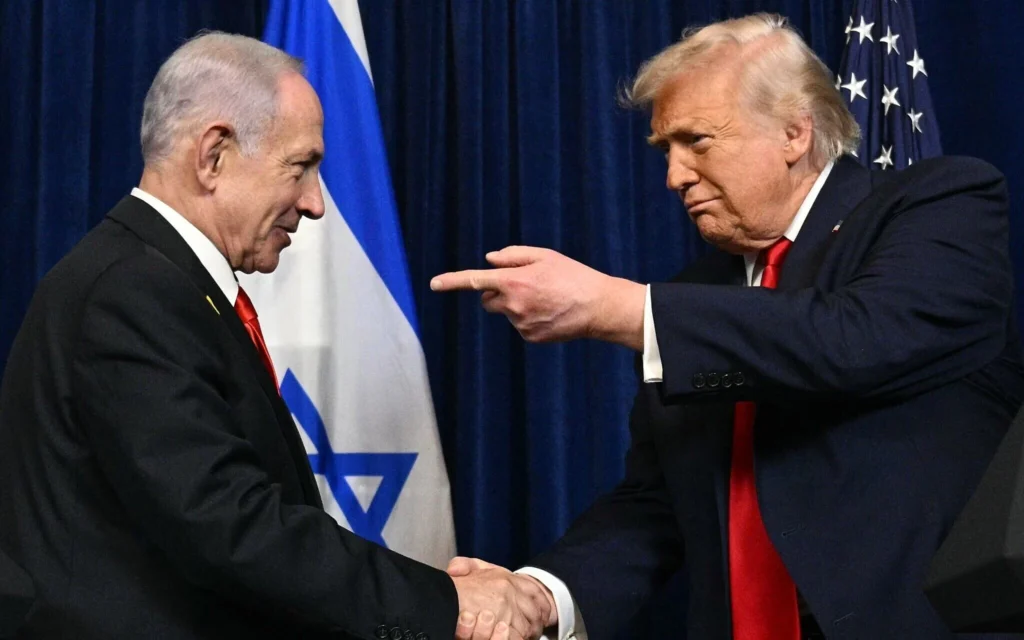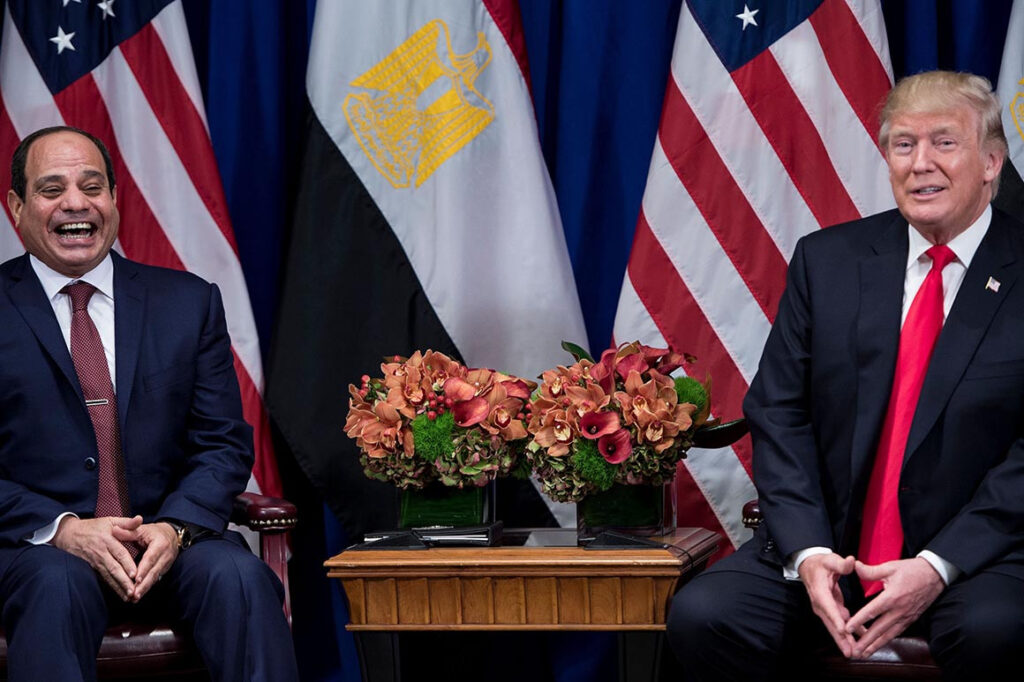
Nigeria’s government has rejected its designation by the United States as a “country of particular concern” over alleged violations of religious freedom.
Officials in Abuja said the move was based on misinformation and misinterpretation of Nigeria’s internal security challenges, dismissing Washington’s claims as unfair and damaging to bilateral relations.
The United States recently reinstated Nigeria on its blacklist and warned of potential military action unless authorities address attacks on Christians. President Donald Trump said he had directed the Pentagon to prepare for “fast” intervention should the violence persist.
Information Minister Mohammed Idris condemned the threats as unwarranted, asserting that Nigeria’s conflict is rooted in terrorism, not religious persecution. He said the government has taken significant steps to curb extremist violence since President Bola Tinubu assumed office in May 2023.
“Any narrative suggesting Nigeria is failing to act against religious attacks is based on misinformation or faulty data,” Idris told reporters.
Defence Chief General Olufemi Oluyede echoed this stance, emphasising that Nigeria’s military operations target terrorists regardless of faith. He said both Christians and Muslims have suffered from extremist violence across the country.
Idris added that Nigeria remains open to collaboration with the United States and other allies, provided its sovereignty and territorial integrity are respected.
He reported that more than 13,500 militants have been killed, 17,000 suspects detained, and over 11,200 hostages freed under current operations.
Nigeria, a nation of more than 200 ethnic groups and diverse faiths, has long balanced coexistence with recurring violence driven by ethnic tensions, resource competition, and insurgent attacks.
The government insists its commitment to peace, unity, and security remains unwavering despite external criticism.




